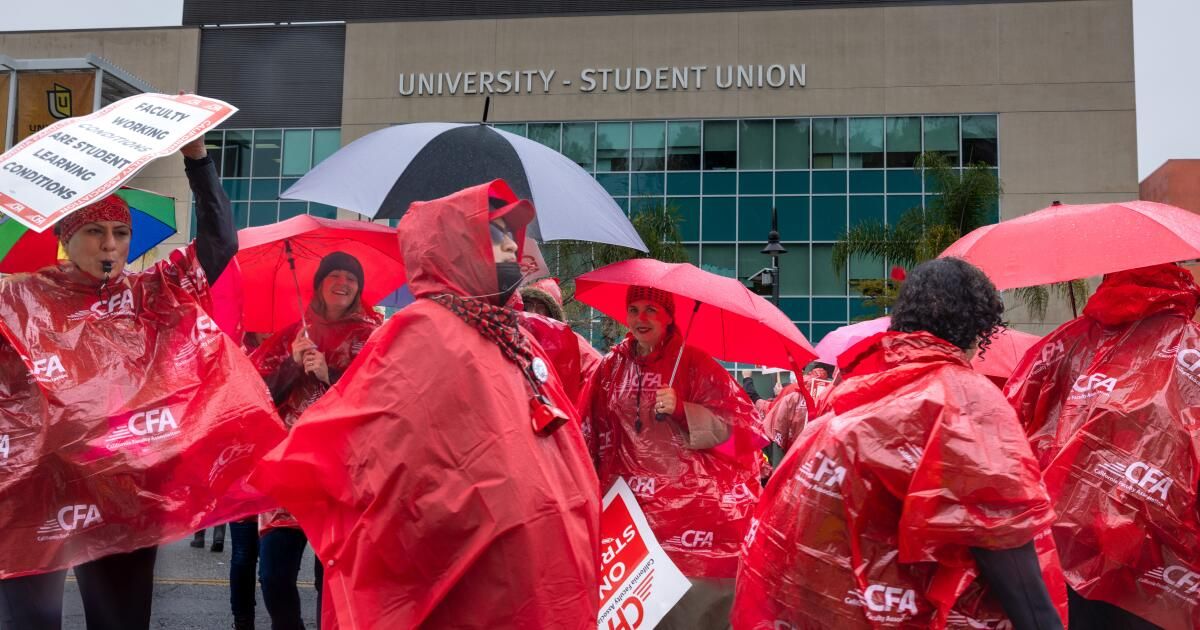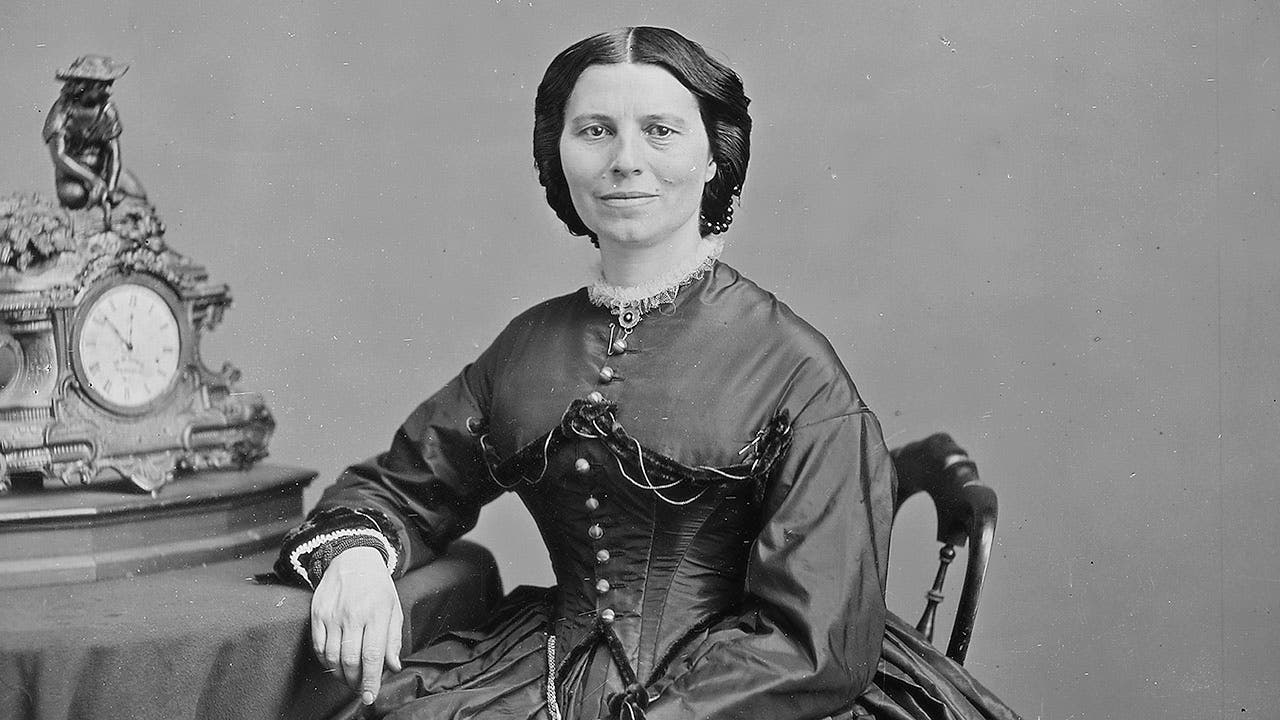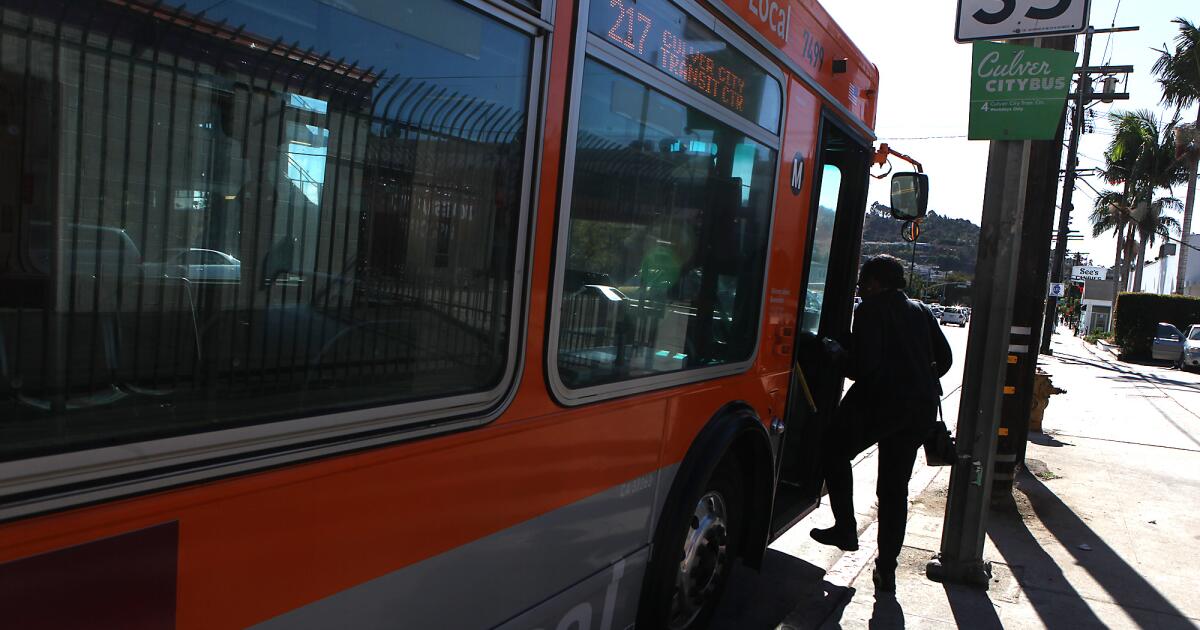After months of negotiations and an unprecedented system-wide strike, Cal State's faculty union overwhelmingly approved a new contract with the university that could increase salaries by 10% while providing other benefits, including a raise of parental leave, the union announced Monday.
California Faculty Association. President Charles Toombs said in a statement that 76% of voting members approved the agreement and hailed the vote as a sign of “solidarity, debate and courage of the union to pressure CSU leadership to improve working conditions for workers.” teachers and student learning.
The new contract with California State University includes a 5% raise for all faculty retroactive to July 2023 and another 5% raise that would take effect this July as long as the state does not cut base funding for the college system. 23 campuses. It also includes 10 weeks of paid parental leave, a minimum pay increase for the lowest-paid teachers and better access to gender-inclusive bathrooms.
A brief statement issued by the CSU Chancellor's Office said the university “is pleased with the results” of the union vote and said trustees are expected to give final approval at their March meeting.
A vocal contingent of rank-and-file members had campaigned against the proposal, claiming it failed to address issues of social justice and facilitate systemic change. The agreement was reached after one day of a planned five-day strike in late January that virtually shut down classes at the nation's largest four-year university system.
Some union members believed that union officials hastily agreed to a provisional agreement, maintaining that remaining on strike longer would have increased their bargaining power to achieve a better agreement. The executive boards of four CSU union chapters issued official statements against the tentative agreement: Long Beach, San Bernardino, Los Angeles and San Francisco.
But union leaders maintained they had reached the best possible agreement and expressed confidence last week that the deal would be ratified.
Will Clark, an assistant professor at San Francisco State University, did not support the tentative agreement, but said Monday that dissent within the union reflected a more engaged membership.
“Dissent and disagreements are good parts of the democratic process,” he said. “People didn't agree, so more people got involved.”
He said he hopes the union can move forward as a cohesive group. “One thing everyone feels strongly is that the union is stronger if we are united,” he said.
Andrew Delunas, a professor at San Jose State University who voted yes to the deal, said the voting results suggest the union is less fractured than it appears.
“The fact that we were able to approve the provisional agreement with 76% of the votes shows that there is still unanimity in the union,” he said.
The agreement was reached during a tense period of so-called reopening negotiations, when certain terms of an existing contract can be negotiated before they expire. The new terms just approved by the union extend his current contract until June 2025.
The California Faculty Association, which represents 29,000 professors, professors, lecturers, counselors, librarians and coaches, had originally demanded a 12% raise and a full semester of parental leave, among other benefits. Union officials acknowledged the tensions within the union in their Monday announcement sharing the results of the vote.
“We know that some members had serious concerns about the process and questions about the outcome,” Sharon Elise, CFA associate vice president for Southern Racial and Social Justice and professor at Cal State San Marcos, said in a statement. “We will only be successful if we work together to continue building a CSU that empowers students and provides work environments that support faculty and staff.”
Meghan O'Donnell, a member of the union's board of directors and part of the central bargaining team, said she was pleased that the majority of union members decided to support the deal.
“I am very grateful and proud that the vast majority of our members recognized how good this interim agreement really was and voted to support it,” she said. “While I know some of our members wanted a different outcome, I am confident that we will all come together, as we always do.”












